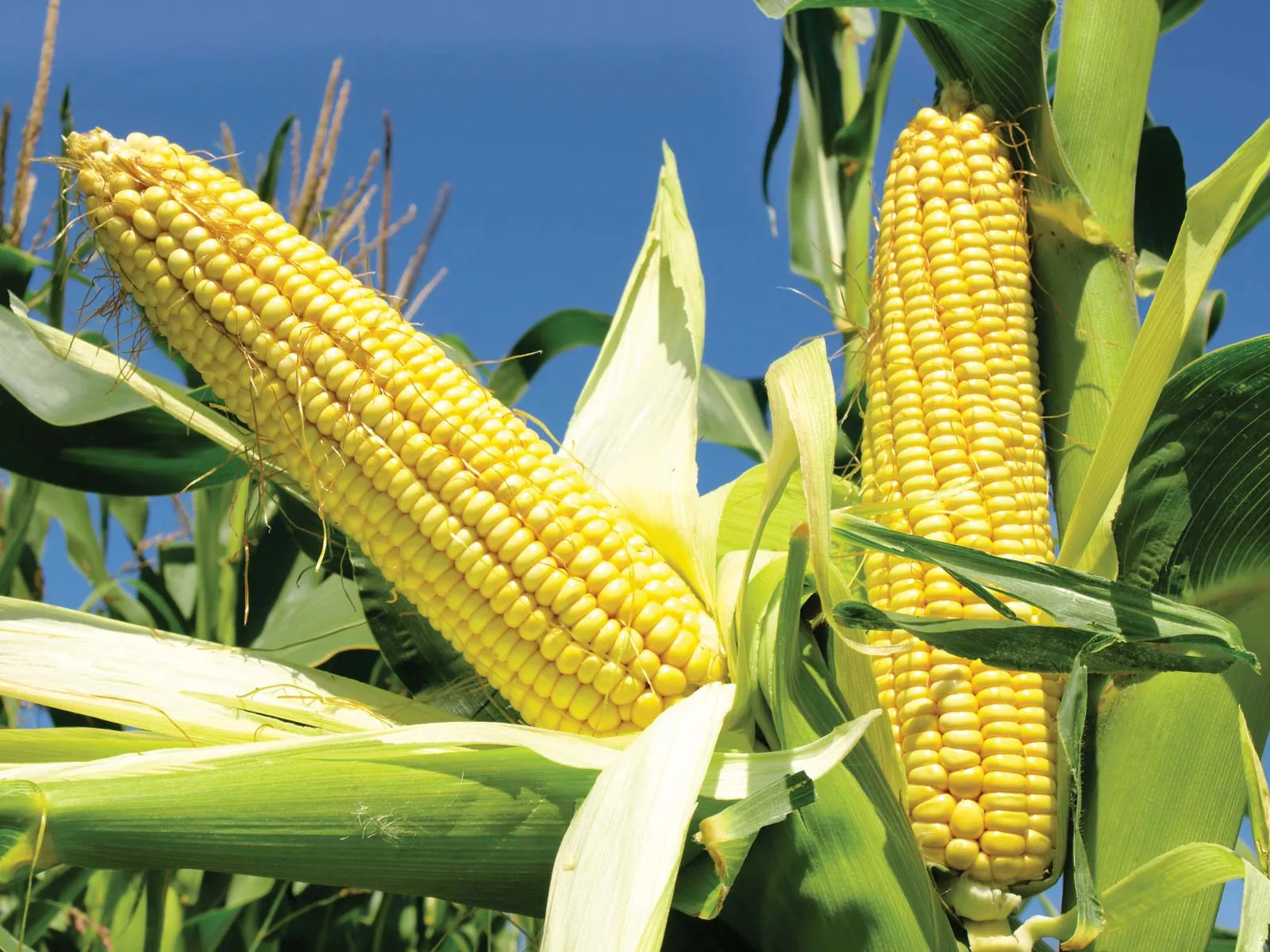Corn, a staple grain in many cultures, has recently faced scrutiny due to claims suggesting it is the most dangerous grain that can cause significant health issues in real time. In this blog post, we will delve into the potential dangers associated with corn consumption in various forms and shed light on the health concerns raised by some individuals.
Genetically Modified Organisms (GMOs) and Corn
One of the primary concerns surrounding corn is the presence of genetically modified organisms (GMOs) in certain varieties. GMOs are organisms whose genetic material has been altered through genetic engineering techniques. While GMO corn has undergone rigorous testing and been deemed safe by regulatory authorities, some people express concerns about the potential long-term effects of consuming genetically modified corn. It’s important to note that not all corn varieties are genetically modified, and non-GMO options are available for those who prefer them.
Corn Allergies and Sensitivities
Individuals with corn allergies or sensitivities may experience adverse reactions when consuming corn or corn-based products. Allergies can manifest as skin rashes, digestive issues, or respiratory problems. While corn allergies are relatively rare, they can significantly impact those affected. It’s crucial for individuals with known corn allergies or sensitivities to avoid corn and seek alternative dietary options that meet their nutritional needs.
High-Fructose Corn Syrup and Processed Corn Products
One of the most widely debated aspects of corn consumption is the prevalence of high-fructose corn syrup (HFCS) in processed foods. HFCS is a sweetener derived from corn starch and is commonly used in beverages, baked goods, and processed snacks. Excessive consumption of HFCS has been linked to various health problems, including obesity, diabetes, and metabolic disorders. It is essential to be mindful of the consumption of processed foods that contain HFCS and opt for whole, unprocessed alternatives.
Corn-Based Products and Gluten Sensitivity
While corn itself is gluten-free, cross-contamination can occur during processing, and corn-based products may come into contact with gluten-containing grains. This poses a risk for individuals with gluten sensitivity or celiac disease. It is crucial for those with gluten-related disorders to choose certified gluten-free corn products to avoid potential health complications.
Imbalance in Nutrient Intake
Relying heavily on corn as a dietary staple can lead to an imbalance in nutrient intake. While corn provides carbohydrates, fiber, and some essential nutrients, it may lack certain key vitamins, minerals, and proteins. A varied diet that includes other nutrient-dense foods such as fruits, vegetables, whole grains, lean proteins, and healthy fats is important to ensure a well-rounded and balanced nutritional profile.
Conclusion
While the claims portraying corn as the most dangerous grain may be overstated, it is crucial to acknowledge and address the potential risks and health concerns associated with corn consumption. Genetically modified varieties, corn allergies, processed corn products, gluten sensitivity, and nutrient imbalances should be considered in individual dietary choices. Moderation, variety, and personalized nutritional needs should guide our decisions when it comes to including corn or any other food in our diets.
It’s important to consult with healthcare professionals or registered dietitians to understand your specific dietary requirements and make informed choices that support your overall health and well-being.
FAQs
- Is all corn genetically modified? No, not all corn varieties are genetically modified. Non-GMO corn options are available for individuals who prefer to avoid genetically modified organisms.
- Can corn allergies be severe? While corn allergies are relatively rare, they can cause severe reactions in individuals who are allergic. It is essential for those with corn allergies to avoid corn and seek

